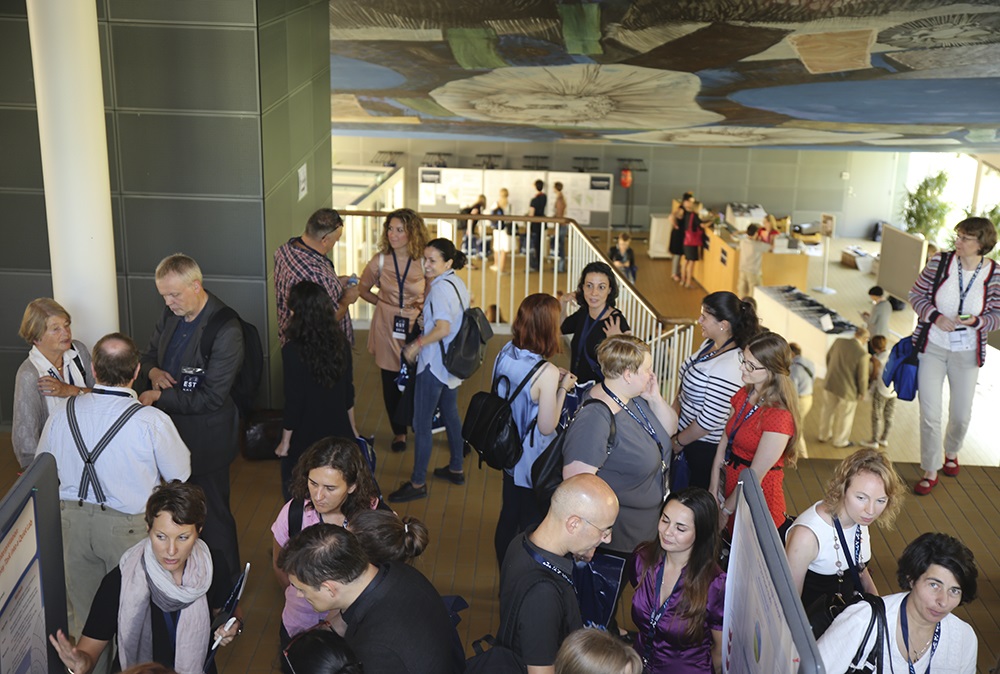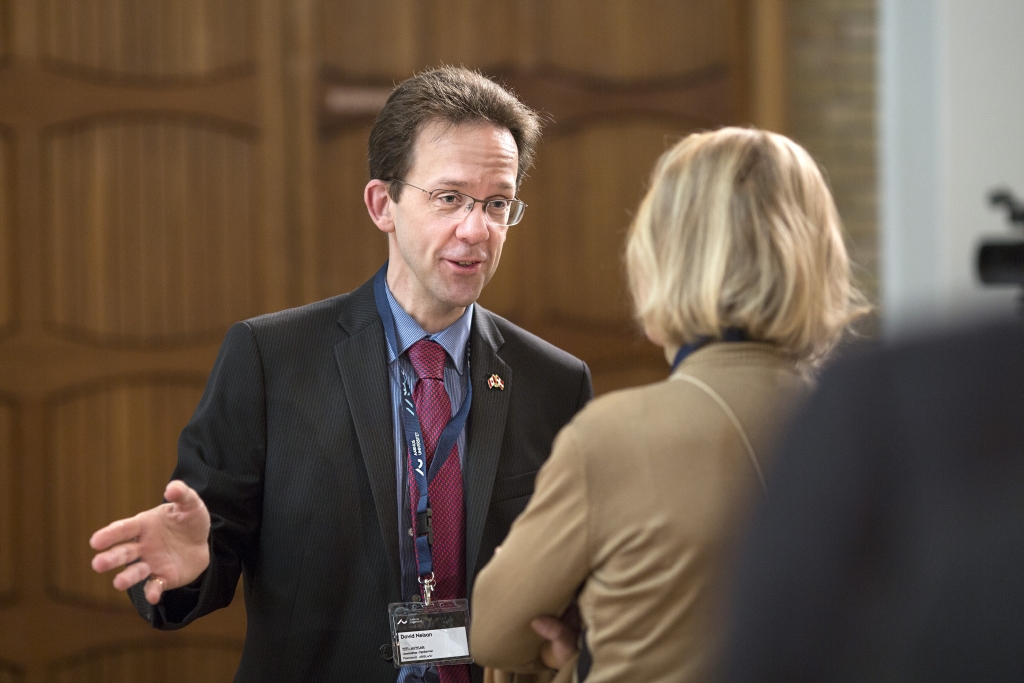‘Boundaries’ key theme at translation studies congress
‘Boundaries’, in the broadest possible sense of the word, were a key theme when one of the world’s top translation studies congresses kicked off Thursday at Aarhus University. The overall theme of the congress, hosted by the Department of Business Communication at Aarhus BSS, is “Translation Studies: Moving Boundaries”.

”At a time when we are all talking about boundaries, and whether we should protect them or open them up, it’s fantastic that this is also the topic that we have put on the agenda today,” said Helle Vrønning Dam, a professor of interpretation and translation at Aarhus BSS and the main organiser of the congress.
The three-day event is the eighth congress carried out under the auspices of the European Society for Translation Studies, or EST, this time attracting more than 400 participants from places as far away as Macau and Taiwan.
Much has happened in the world since the last congress in 2013, and there is now an even higher awareness of the meaning of boundaries. It is inevitable that this will impact debates at the congress, according to Andrew Chesterman, one of this year’s keynote speakers.
“What’s the value of a border? What happens when you try to cross a border? What happens when a border crossing is defended? These things are happening in the real world, and they are also happening within the discipline,” said Chesterman, who is a professor emeritus from the University of Helsinki.
EST’s congresses take place every three years – most recently in the German city of Gemersheim – and there is typically intense competition for the right to host the event.
This year the congress features 21 panels, covering topics as diverse as English as a lingua franca and translations within religious contexts.
Sandra Hale, a professor at the University of New South Wales and another of the keynote speakers, looks forward to a valuable stay in Aarhus, as she lists the benefits of events such as this:
“To open up your horizons, to see what other people are doing, to incorporate that into your own studies. Networking and learning from other people and sharing your own research,” she said.
